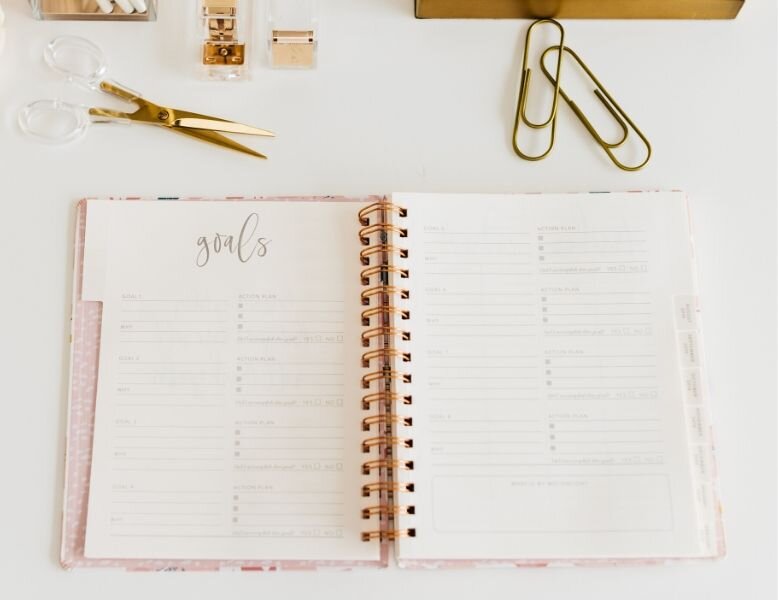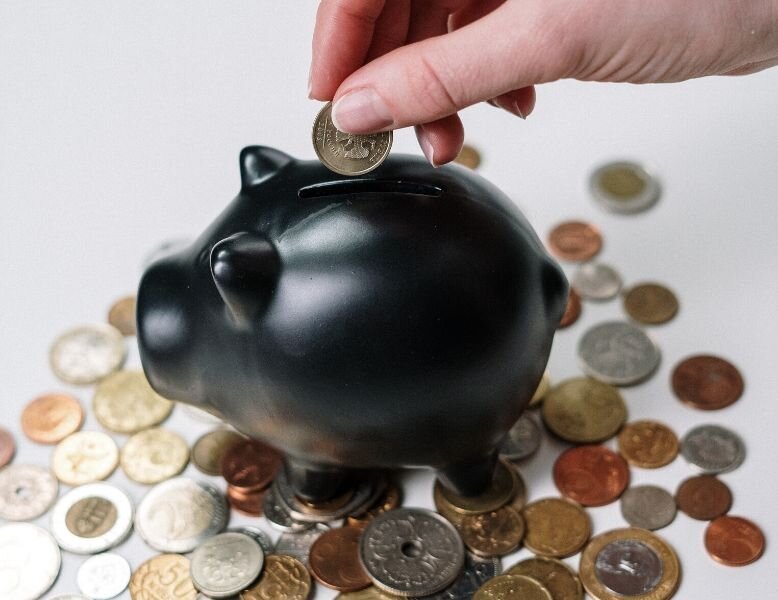Those in their 20s are in a point of transition in their lives. Graduating from university, starting new jobs, and moving to first "adult" homes are just some of the things that could happen. But amidst all this, making wise financial decisions may not be on the top of the priority list. We asked Mariel Bitanga, a licensed financial planner and founder of the boutique financial planning firm Simply Finance PH, for the most important money moves you should make while you’re in your 20s.
Pay yourself first
"You should always pay yourself first or save before any other expense," Mariel shared. "What people usually do is receive their income, spend on expenses then save whatever is left, if they even remember [to do so]." If you find yourself identifying with this, there are ways you can save with minimal hassle. She gives the example of automatic savings or investment programs as possible avenues you can explore.
Set clear and attainable goals

Where do you want to be in the next 10 years?
Before you begin making any big decisions, you need to know what you want to achieve money-wise. Do you want to be fully financially independent by the time you’re 30? Is buying your own house something you’re interested in the next few years? Want to get out of debt as soon as possible? Mariel said these are things you need to consider. "They have to be as clear and specific as possible."
Assess your current situation
Another wise financial decision is to take stock of your current financial state. Mariel advised us to know our money mindset (how you feel about money and your attitude about money and using it), net worth (everything you own minus everything you owe), income, and expenses.
Getting a good grasp of your current relationship with money will help you figure out how to tackle the following steps. "Once you have all of these figured out, you should then look into fulfilling your foundation or essentials first such as your emergency fund savings, health insurance, life insurance and paying off debt if you have some."
Yes, you need a budget
One of the smartest moves you can make is setting a budget for yourself and sticking to it. This enables you to live within your means, essentially preventing you from overspending or coming up short once the bills come around. A budget should cover all your expenses (bills, student or car loans, etc.) and savings, which Mariel recommended setting aside 20 per cent of your salary for. If you like to travel, set a budget for it too! Mariel said everyone should have a “play account” where they’d place 10 per cent of their income for leisure expenses like travelling or shopping. As for folks who contribute to their family’s expenses, you need to factor this into your budget as well.
Save, save, save

It's better to save than to spend, but remember to treat yourself every now and then.
While you shouldn’t be depriving yourself of fun experiences, saving for your future should be one of your biggest priorities in life. "Your retirement savings are where you should allocate 10 per cent of your income. This should not be touched and ideally should be in an investment account and not a regular savings account to maximise growth."
Having an emergency fund would be another wise financial decision you could make. This should cover "three to six months worth of your monthly expenses". It should only be used on unexpected expenses, such as hospitalisations or house repairs, and left alone until needed.
Think long-term
Ever heard of that saying "the best time to start was yesterday"? This especially applies to those "maybe in the future" situations we all think about. Mariel suggested setting aside 10 per cent of your income in a long-term savings accounts. "These are for items that need time building, for example, saving for a wedding, buying a new laptop, and so forth. You will eventually use it and just replenish it again after."
Invest when you can
Once you have your financial foundation set, you can move on to growing your finances. Mariel explained that "medium-risk investments such as pooled funds and real estate" are a good way to do so. When you feel like you’re ready, you can move on to higher-risk investments. "Remember to always do your research and know your risk appetite before making any investment," she said.
Risk appetite is your level of braveness when it comes to investing and possibly losing money. You can fall into one of three categories: low risk, medium risk/balanced, or high risk. "A good question to ask yourself is up to what amount of money are you willing to lose without flinching."
Side hustle away

If you have the time and energy, having a lucrative side hustle would be another wise financial decision. "Having multiple streams of income [makes it] so we aren’t always relying on one income source that might fail us if another global crisis happens."
Should I move out?
Is it a wise financial decision to move out of your childhood home? "It’s really up to you and what makes you happy," shared Mariel. Since she herself moved out of her parents’ house after college, she’s all for independent living — to a point. "Your [financial] foundation and a steady stream of income and the right budgeting system" would be important if you do decide to move out and live alone or with a friend. Just expect some random expenses to come up every now and then.
You don’t need to rush to knock off one move after the other. Take your time and go at a pace you’re comfortable with. Mariel leaves us with this little nugget of advice: "I always go back to this, but this is so important. Have your foundations in place, always. This will give you peace of mind no matter what."
Heed our advice if you're struggling with impulse spending.
Comments, questions or feedback? Email us at [email protected].





.png)


